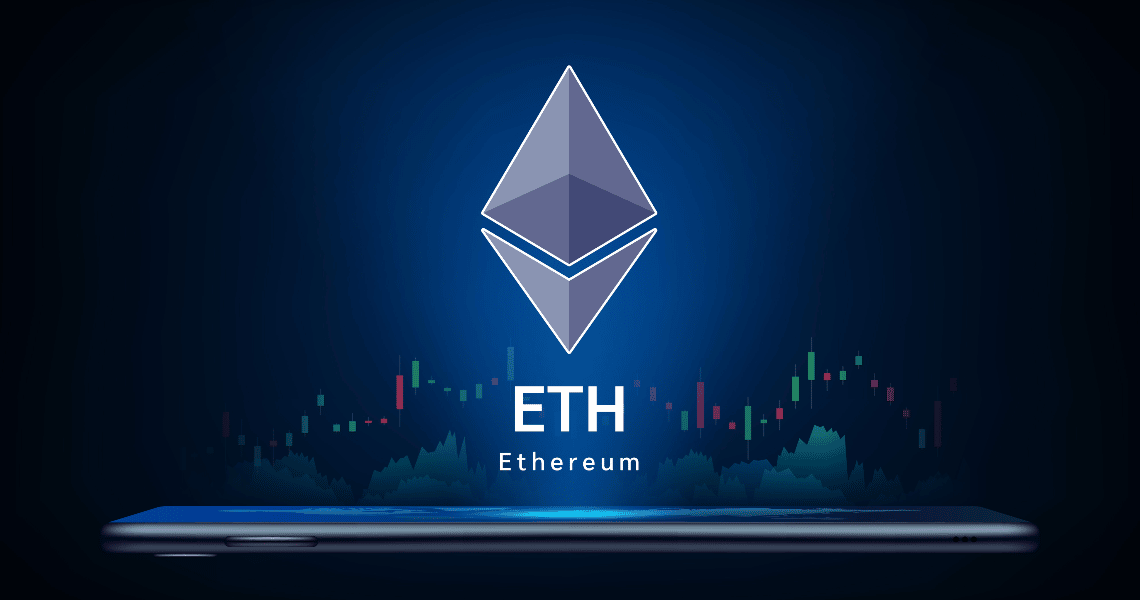|
Getting your Trinity Audio player ready...
|
Ethereum enthusiasts can rejoice! The highly anticipated Dencun upgrade successfully launched on the Ethereum mainnet on Wednesday, marking a significant step towards a more scalable and affordable blockchain.
Dencun’s core innovation lies in EIP-4844, also known as “proto-danksharding.” This upgrade introduces “blobs,” a new type of data storage that expands the network’s capacity. By offloading specific data to these blobs, the upgrade aims to drastically reduce transaction fees on Layer-2 scaling solutions like Arbitrum, Optimism, and Polygon.
According to Tim Beiko, a prominent figure at the Ethereum Foundation, Dencun is the largest hard fork in Ethereum’s history in terms of implemented improvements. It incorporates a total of 9 Ethereum Improvement Proposals (EIPs), each addressing a specific aspect of the network’s functionality.
Unlocking Efficiency for Layer-2 Solutions
Layer-2 solutions have emerged as a crucial component of the Ethereum ecosystem, processing transactions off-chain before settling them on the mainnet. Dencun is expected to be a game-changer for these platforms.
Previously, Layer-2 solutions needed to squeeze transaction data into standard Ethereum blocks, leading to high fees. With Dencun’s “blobspace,” Layer-2 solutions can now submit data more efficiently, potentially leading to a significant decrease in transaction fees for users.
Also Read: Ethereum’s Dencun Upgrade in 2 Days: Can it Slash Layer-2 Fees by 90% and Send ETH Soaring?
A New Era for Ethereum
The successful deployment of Dencun represents a major milestone for Ethereum. As Tim Beiko stated on Twitter, “a new era of Ethereum scalability has begun!” This upgrade paves the way for a more scalable and user-friendly Ethereum, potentially attracting a wider range of developers and users to the network.
However, it’s important to note that Dencun is just one step in Ethereum’s ongoing evolution. Future upgrades and developments will be crucial in solidifying Ethereum’s position as a leading blockchain platform.



